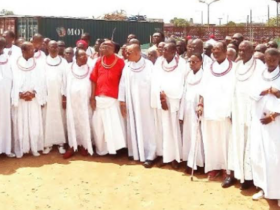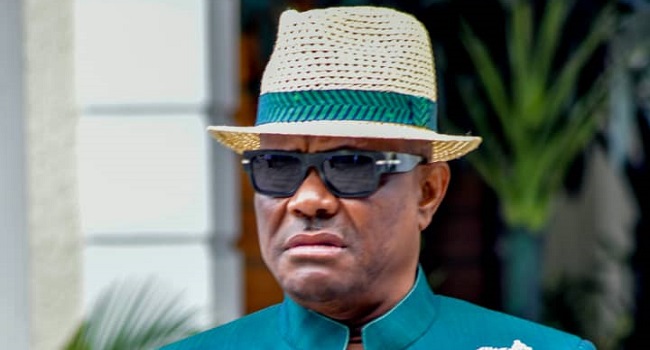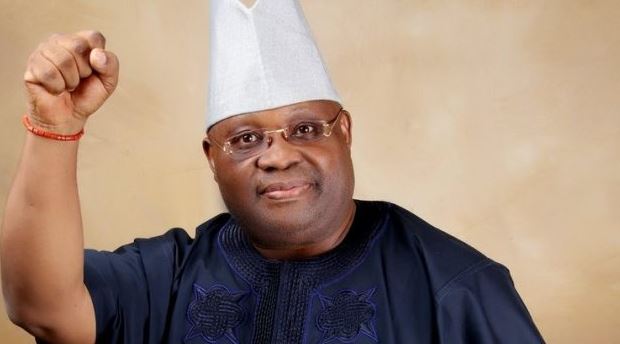The United States Supreme Court, on Monday, March 4, 2024, ruled that Donald Trump is free to contest for the office of the President to United States of America.
The ruling nullified the Colorado court decision that bars Trump from the contest and it bar states from disqualifying the former president from running for the presidency.
The justices unanimously overturned a December 19 decision by Colorado’s top court to kick Trump off the state’s Tuesday Republican primary ballot after finding that the U.S. Constitution’s 14th Amendment disqualified him from again holding public office.
The Colorado court had found that Trump took part in an insurrection for inciting and supporting the January 6, 2021, attack on the U.S. Capitol by his supporters.
The justices declared that only Congress can enforce the constitutional provision against federal office holders and candidates.
Four of the nine justices, including the court’s three liberal members, however, faulted the rest of the court for announcing rules limiting how the provision may be enforced in the future.
Trump is the frontrunner for the Republican nomination to challenge Democratic President Joe Biden in the November 5 U.S. election. His only remaining rival for his party’s nomination is former South Carolina Governor, Nikki Haley.
The ruling was issued on the eve of Super Tuesday, the day in the U.S. presidential primary cycle when most states hold party nominating contests.
It came five days after the justices agreed to decide Trump’s claim of immunity from prosecution on charges related to trying to overturn his 2020 election loss to Biden.
The court, whose 6-3 conservative majority includes three Trump appointees, acted in a speedier manner in deciding the ballot disqualification issue, benefiting him, than it has in resolving the immunity question. Delays in deciding the immunity issue could help Trump by delaying his criminal trial, according to Reuters.
The 14th Amendment’s Section 3 bars from office any “officer of the United States” who took an oath “to support the Constitution of the United States” and then “engaged in insurrection or rebellion against the same, or given aid or comfort to the enemies thereof.”
“We conclude that states may disqualify persons holding or attempting to hold state office. But states have no power under the Constitution to enforce Section 3 with respect to federal offices, especially the presidency,” the unsigned opinion for the court stated.
Trump welcomed the ruling, saying during an appearance in Florida: “Essentially, you cannot take somebody out of a race because an opponent would like to have it that way.”
Trump said he hoped the decision would help unify the country, but then lambasted political opponents and prosecutors behind four criminal cases against him.
Trump was also barred from the ballot in Maine and Illinois based on the 14th Amendment. Those decisions were put on hold pending the Supreme Court’s ruling in the Colorado case.











